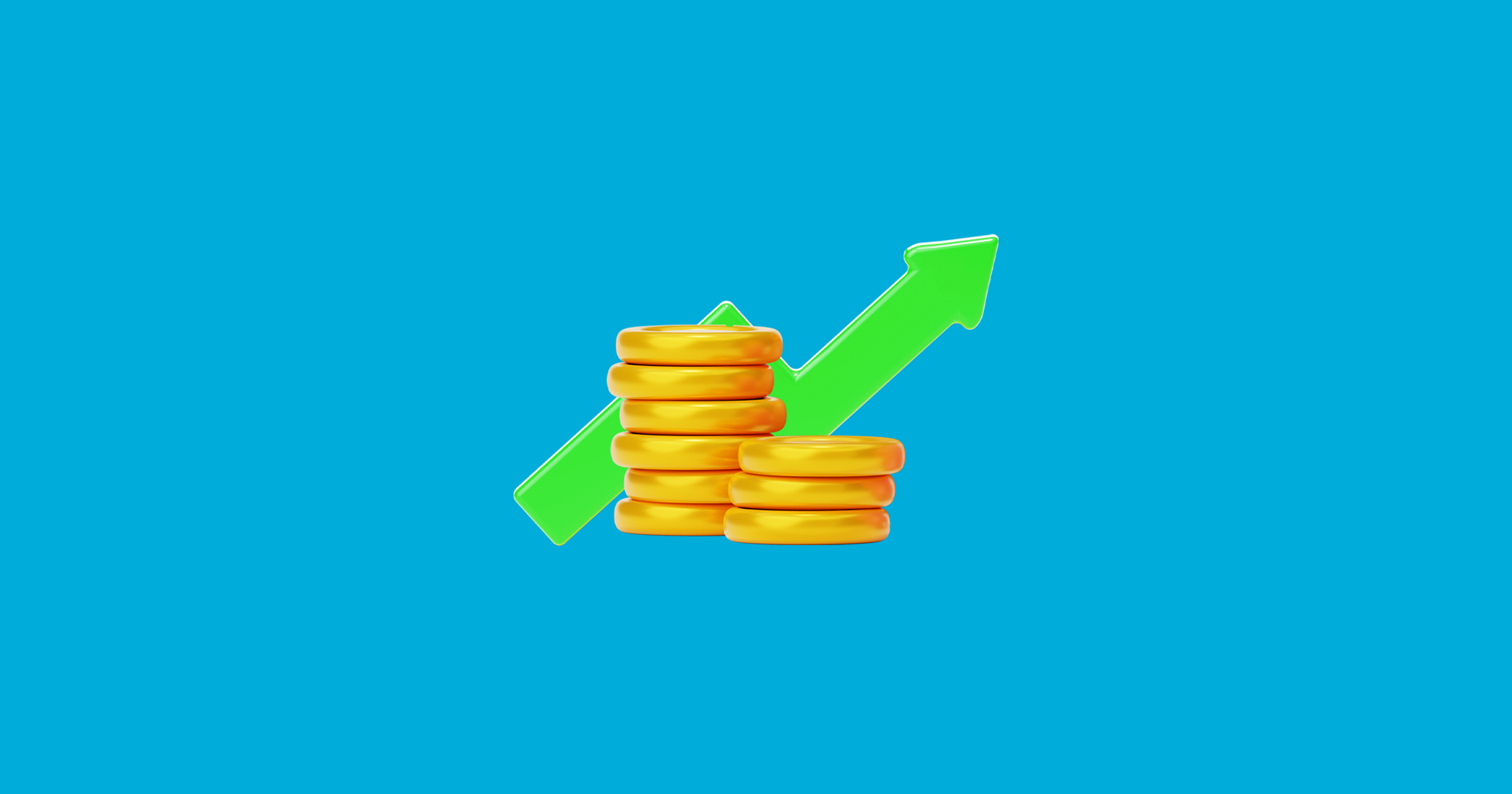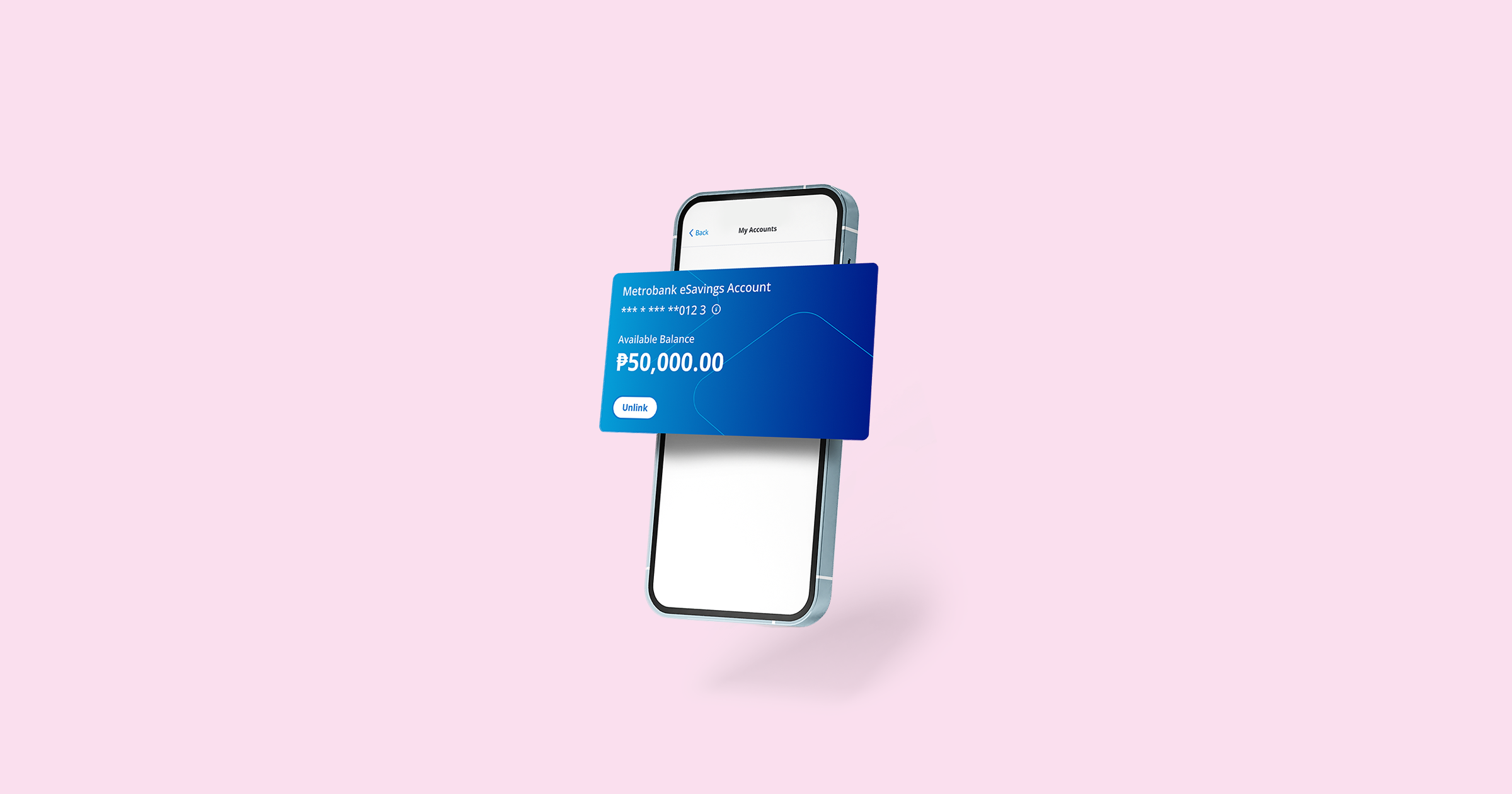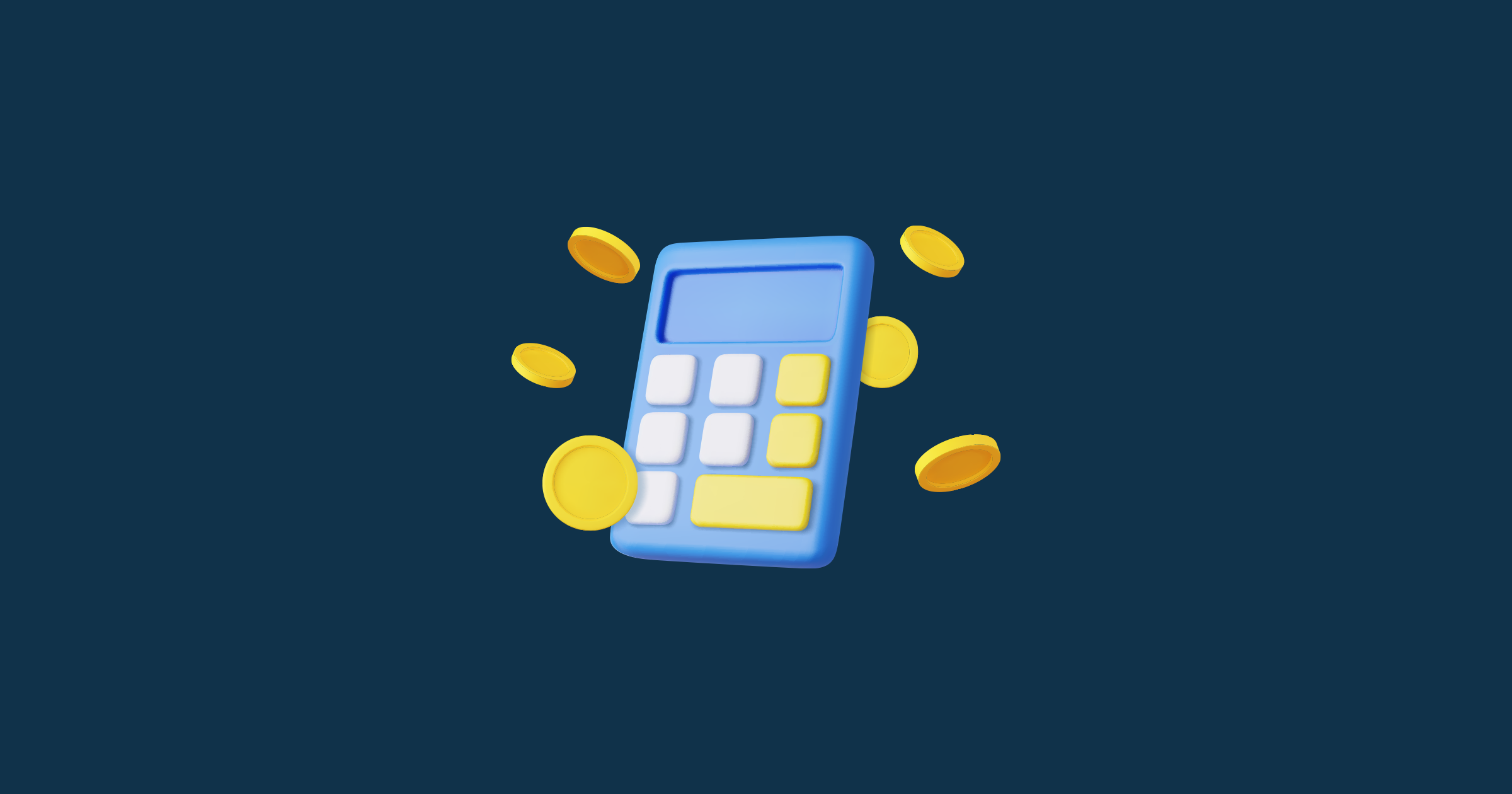If you want to reach financial goals within your target timeframe, 1 of the things that may help you grow money faster is the power of compounding.
This is when the actual income you earned from investments starts earning money for you. See an example of how compounding works in this article.
To maximize this effect, here are a few steps you can take:
1. Start early
Not saving or investing sooner is a common money regret that people share. Many realize that if they had started earlier, they would’ve had more time to save or grow money.
With compounded returns, the difference that time makes could be a lot bigger. Here’s an example:
At 25 years old, you began investing P5,000 a month in a product that gives 5% yearly returns.
On the 1st year, you invested a total of P60,000 and earned P1,625. You let your earnings compound by reinvesting them in the same product.
Then, you stayed consistent for 20 years and so you reached a total of over P2 million at 45 years old.
What if you waited until you were 35 but invested P10,000 a month instead?
At 45, you would’ve reached a total of around P1.6 million. This is less than what you would’ve earned if you started 10 years earlier but with a smaller amount.
Note that this example uses a constant rate of return to keep things simple. In real life, investment returns can go up and down year after year.
By making the right preparations and starting while you’re young, you’ll have more time to ride out the ups and downs. An early start can also allow your returns to compound over a longer period.
2. Reinvest what you earn
Reinvesting is what allows your earnings to possibly earn more money for you. Here’s how you can reinvest with different types of investments:
- Reinvesting interest earned
Bonds and time deposits pay interest at a pre-determined rate on a set schedule. After receiving interest and your principal back upon maturity, you can put the money in a similar product if you’re happy with the steady interest rate.
There are time deposit products that allow you to automatically start a new time deposit after the first 1 reaches maturity. This way, the principal and interest earned can grow continuously while requiring little effort.
- Reinvesting capital gains
If you sell an investment for more than what you paid, your earnings are called capital gains. You may choose to reinvest the proceeds in a different investment that you believe has a good potential to grow.
Keep in mind that there’s no guarantee that you’ll find better or even comparable returns elsewhere, and so you should think carefully before pulling money out of an investment.
- Reinvesting other forms of income
Some assets may give you returns without having to withdraw what you’ve invested. These include dividend-paying stocks, income-paying investment funds, and Real Estate Investment Trusts (REITs).
You can reinvest the payouts in the same investment or in a different one depending on your goal or what your portfolio needs.
For example, if you earned P1,000 in dividends from a stock, you can use it to buy more shares of the same stock if you aim to keep earning income. You can also put it in an investment fund if you need to diversify.
3. Make regular contributions
Try to add money to your investments regularly, like every month or every payday, to help them grow faster.
To understand the difference regular investing can make, see the example below:
You invested P5,000 for 5% yearly returns just once. You didn't add money and you kept reinvesting your earnings. After 20 years, you gained a total of P13,266.49.
If you added even just P1,000 to that investment every month, you would've ended up with P419,151.08 instead.
These examples highlight that growth doesn’t happen overnight, but compounding can be a game-changer if you’ll stay consistent and build discipline early on.




